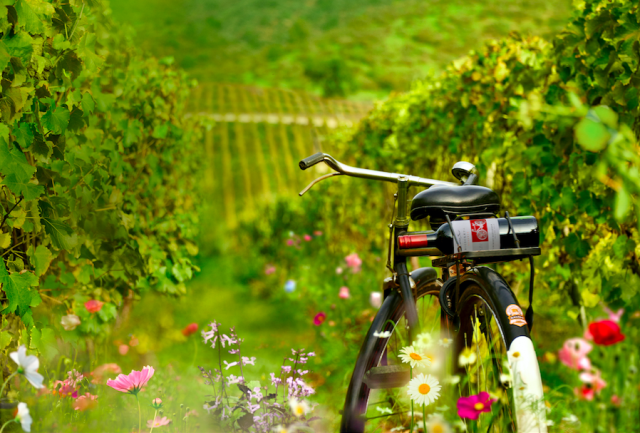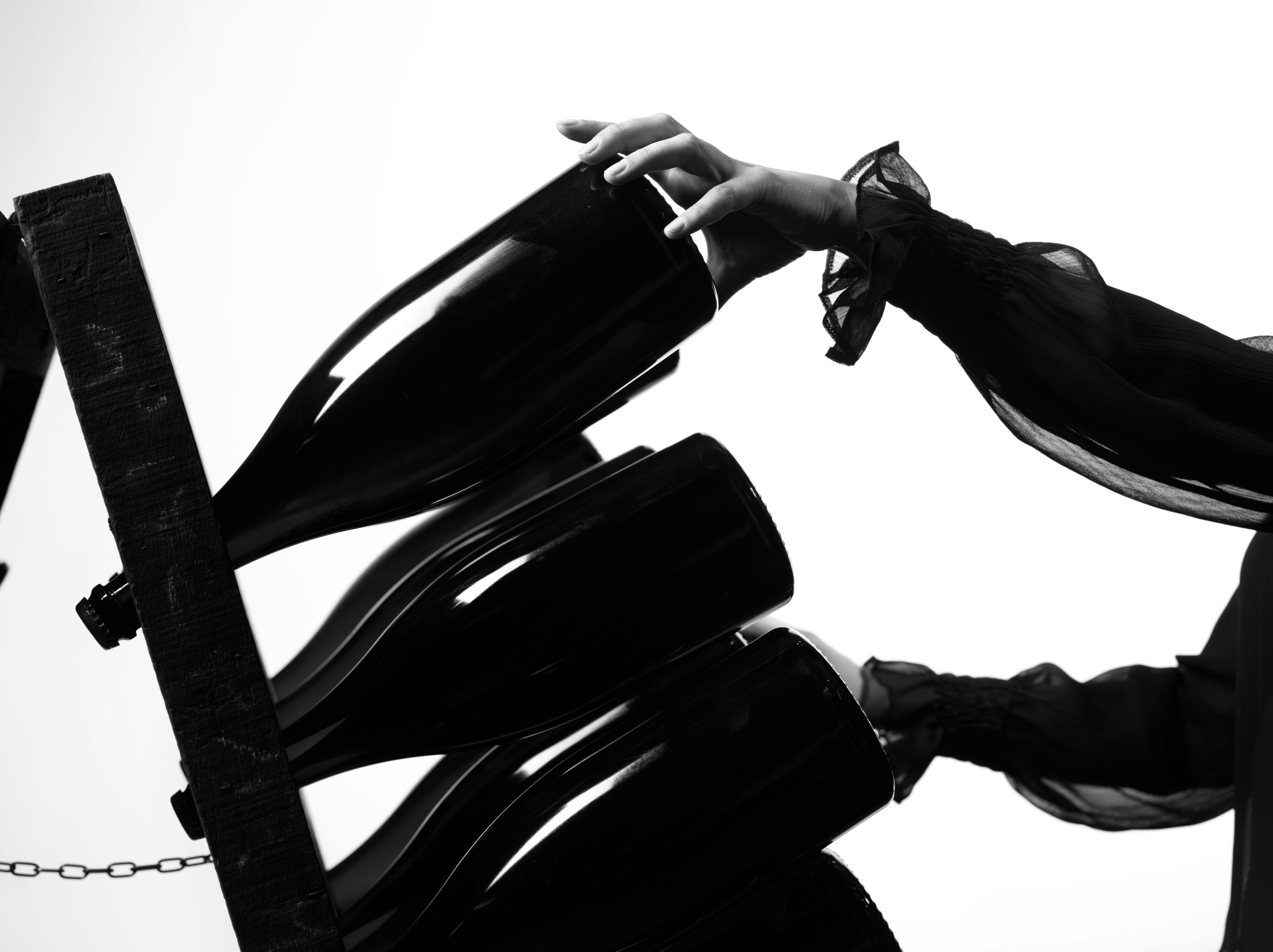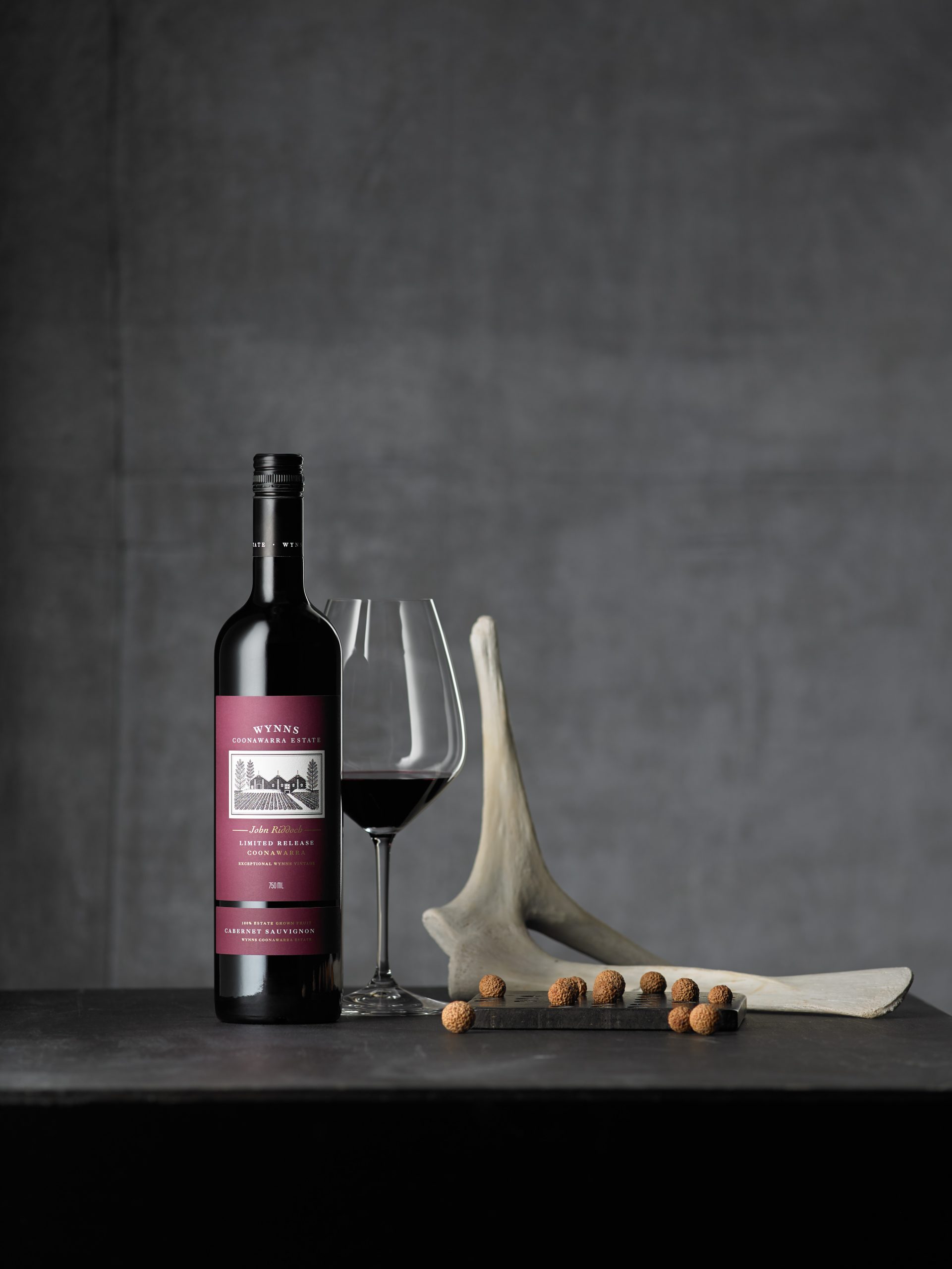2021 will be a ‘historic’ vintage in Chile
With winemakers treated to optimal conditions, 2021 is set to be a “historic” vintage in Chile across both red and white varieties, according to Paul Konar of Cono Sur.

Speaking to db over Zoom, Konar – Cono Sur’s general manager – revealed that after summer rains, conditions improved, allowing for a long ripening season where winemakers were in no hurry to pick.
“We could pick our grapes when they were at their peak, so the alcohol levels in both the whites and reds are very well balanced – it’s going to be a historic vintage.
“Our winemaker, Matías Ríos, is very excited about the 2021 vintage, as it has created fresh whites with good acidity and reds with ripe tannins and balanced alcohol levels.
“This year was a cooler vintage in Chile, like 2018, which leads to better balanced wines with good acidity. It’s an extremely exciting vintage across all varieties, which is unusual.”

During the interview, Konar reported “big growth” for Cono Sur in the UK last year, buoyed by the popularity of the brand’s organic wine range.
“The extent of the popularity of the brand really surprised us, and distribution is still growing. Sales have been beyond out expectations, which is very encouraging.
“There’s an increasing interest in more sustainable products, and our organic range is enjoying double-digit growth,” he said.
In order to be able to supply future demand, Cono Sur is in the process of gradually converting its vineyard holdings to organic viticulture and now manages 357ha of organic vines.
Partner Content
“Our organic plantings have increased by 20% over the last two years and we’re working with other growers and helping them to transform to organics.
“We sell over 300,000 cases of organic wine worldwide now, making us one of the top three organic wine producers in the world.
“It can be hard to cope with increasing demand as the conversion process takes four years, but we’ve got a good programme of continuous transformation in place so that we’ll be able to continue to fulfil that consumer demand,” Konar said.
Cono Sur recently achieved B Corp status and is a member of Chile’s recently formed organic wine collective.
“Consumers are very conscious about what they buy now – they want environmentally and socially responsible brands, so our eco credentials are really important, and we’re trying to communicate them,” Konar said.
When it comes to hurdles up ahead for Chile, Konar stressed that water scarcity is the greatest challenge that the Chilean wine industry is facing right now.
“Water scarcity is the main challenge in Chilean viticulture at the moment, especially towards the north of the Central Valley, which is suffering this year again due to there being very little rain.
“We want to see some rain, as it’s supposed to be the rainy season, so fingers crossed we get it, as we need it. To combat the problem we’re investing in wells and reservoirs to improve our availability of water, and are looking at ways to save water and use water more efficiently,” Konar said.
“Dry farming is possible in some areas of Chile and rustic varieties tend to fare better. Our single vineyard Riesling from Bío Bío is dry farmed as you don’t need to irrigate there.
“Our Pinot coming from the red clay soils in Bío Bío is really interesting and I think the region is going to become increasingly important in the future,” he added.
Related news
Castel Group leadership coup escalates
For the twelfth day of Christmas...
Zuccardi Valle de Uco: textured, unique and revolutionary wines




